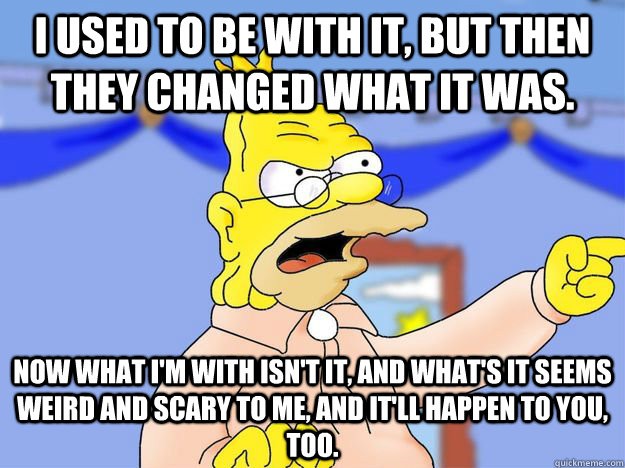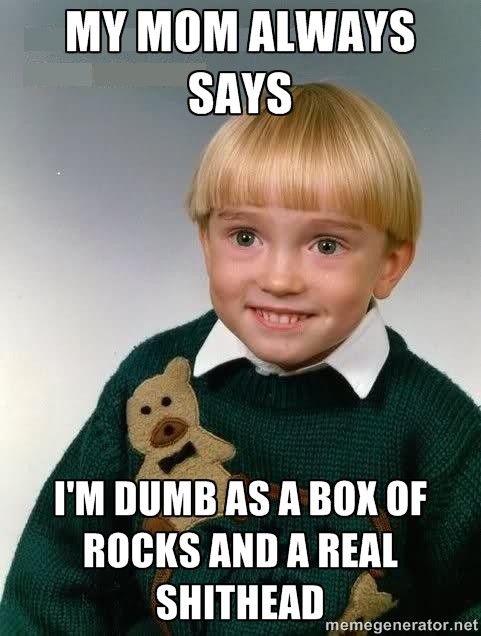Keeping it fresh on social media
How to navigate fast-moving meme culture
Given how quickly information is distributed and shared online in 2016, it’s fair to say trends are moving in and out of the collective consciousness faster than ever before.
University of Winnipeg (U of W) professor and media art expert Dr. Jonathan Ball says it has become more difficult to find common ground among students when it comes to pop culture references.
“I cannot assume anymore, when I teach classes, that all students have anything in common,” he says. “There is almost nothing that everyone knows.”
Riva Billows, student and meme enthusiast, acknowledges that life moves pretty fast on social media.
“There's a hierarchy of social media platforms on which memes are expressed that dictate the freshness of the meme,” she says. “For example, once a meme has made it's way onto your mom's best friend's Facebook, it is dead.”

Erin Schwartz, U of W graduate and self-proclaimed Twitter diva, says memes don’t die, but they may take on a new life once they’ve been overshared.
“It just becomes reincarnated in either a different form or as context to a reactionary meme,” she says.
Schwartz notes that it can be tricky to know what is actually considered hip with meme enthusiasts, as a lot of internet humour can be sarcastic.
“It's complicated, because when a meme is so bad, there is something ironic about it that makes everyone love it,” she says.

Adding to the confusion about what is and isn’t fresh, Schwartz says trendsetters love nostalgia. Because of how quickly things fall in and out of favour, a clichéd reference may be brought back to reminisce about, even if it is from a short time ago, she says.
Trying to stay relevant on social media can be complex. What is funny in a real way versus an ironic way, and how does a person know how to share which content correctly?
Billows says the best way to share something likable that has lasting power is to keep it simple.

“The memes that stay around the longest tend to be the ones that are the most relatable,” she says. “They are the memes that you immediately send to your best friend with the caption, ‘okay, but this is so you!’”
Schwartz agrees the reference-heavy culture of social media is best used when it’s about relating to other people.
“I've grown to love memes as an alternative language and way of connecting with culture on a macro- and micro-scale,” she says. “My favourite kind of memes are ones that can transcend form and platform, both going beyond just images and also being able to use them outside of the internet.”
Given how quickly a great joke or a big misstep can be forgotten, maybe it’s best to keep online interactions about you and yours, and not worry too much about being the cool kid.
Published in Volume 71, Number 6 of The Uniter (October 12, 2016)






